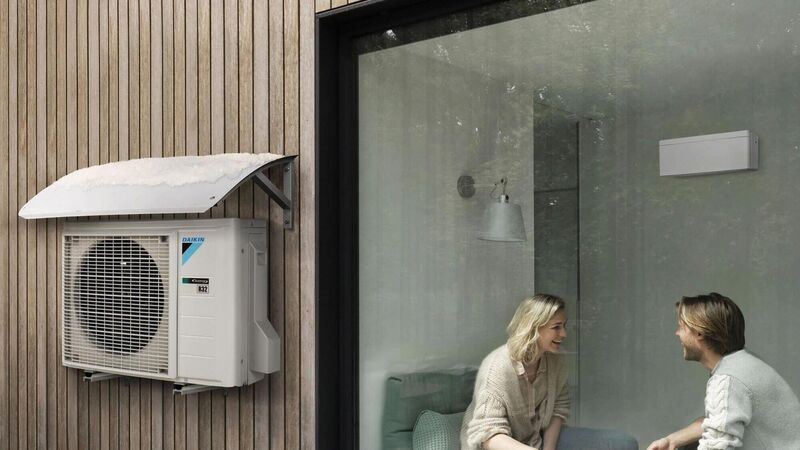Ireland's Progress on Emissions Reduction: A Slow Burner
- Kieran Morley

- Sep 17, 2024
- 2 min read
Updated: Jun 10, 2025
The Sustainable Energy Authority of Ireland's (SEAI) 2023 Energy Balance report has been released, highlighting both progress and the need for urgent acceleration in reducing emissions. While energy-related emissions decreased by a record 8% in 2023, the report shows that Ireland is still not on track to meet its carbon budget targets.

The electricity sector saw significant improvement, thanks largely to increased electricity imports and renewable energy generation from wind and solar. However, this progress is tempered by rising electricity demand, primarily driven by new data centers, which outpaced the addition of renewable sources.
The transport sector remains a challenge. While there was a slight increase in the use of biofuels, transport emissions still rose slightly in 2023, with road transport relying heavily on fossil fuels and aviation energy reaching record highs. Provisional 2024 data suggests a potential slight reduction, but it's clear that significant changes are needed to curb transport emissions.
The residential sector showed promising reductions in the use of fossil fuels for heating and hot water, with a 30% increase in renewable energy use through heat pumps. However, this trend might be reversing in 2024, with provisional data showing a potential return to gas and oil for home heating.

The overall picture is one of progress, but not enough to meet Ireland's carbon budgets. The country is on track to exceed its carbon budget by 2025, and significant reductions in emissions will be needed, particularly in the transport sector, to achieve 2030 targets.
To accelerate emissions reductions, Margie McCarthy, SEAI's Director of Research and Policy Insights, emphasizes the need for widespread action. This includes scaling up offshore wind, grid-scale solar PV, and electricity grid development. Transitioning away from fossil fuel boilers in homes and buildings towards electric heat pumps and district heat networks is also critical.

In the transport sector, reducing overall demand by providing better public transport and encouraging walking and cycling is crucial. Continuing support for the shift to electric vehicles (EVs) is also essential.
Ultimately, achieving Ireland's climate goals will require a unified effort from policymakers, industry, and individuals. Stronger regulations, financial incentives, and widespread information campaigns will be necessary to drive the adoption of sustainable technologies and practices across all sectors. Only through a collective commitment to change can Ireland truly break free from its reliance on fossil fuels and build a cleaner, greener future.









Comments